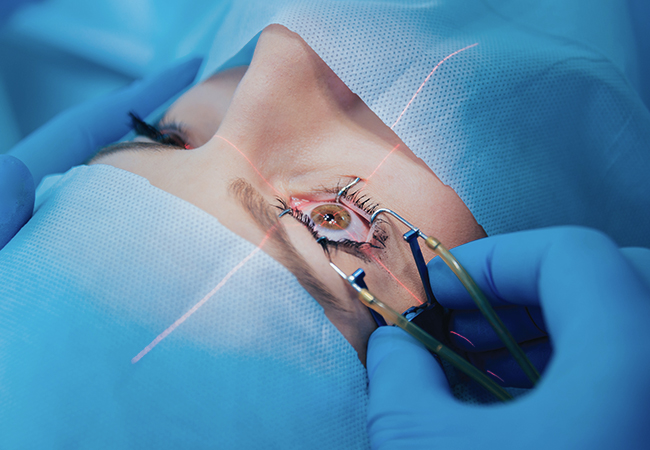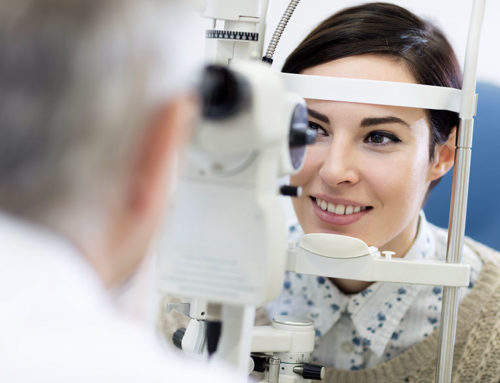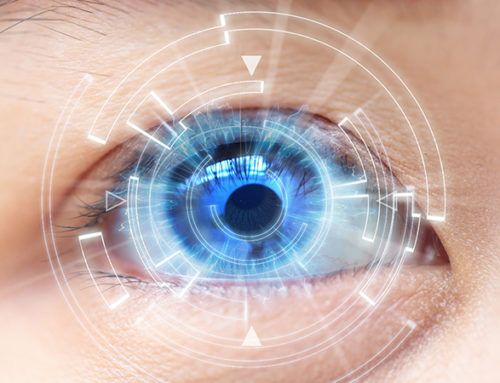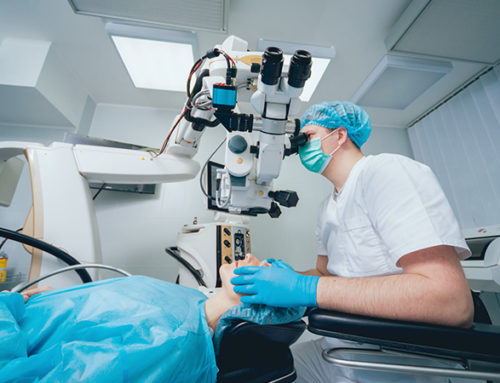If you're over 50, you've probably heard of cataract surgery. But what is it? What are the consequences of the operation? Is it reversible? Here's everything you need to know about cataract surgery.
What is a cataract?
A cataract is an opacity of the crystalline lens. It can occur in one or both eyes. Cataracts are part of the normal aging process, but can also be caused by injury, inflammation or disease.
The eye's crystalline lens focuses light onto the retina at the back of the eye. A cataract blocks the light, preventing you from seeing clearly. If cataracts affect only one eye, you may still be able to see well enough to drive. But if you have cataracts in both eyes, you won't be able to drive safely.
If left untreated, a cataract can lead to blindness if it becomes large enough to prevent light from entering the eye, or if it causes pressure on the optic nerve, the nerve that transmits images from the retina to the brain.
How is cataract surgery performed?
Cataract surgery is a simple procedure that can restore your vision and significantly improve your quality of life.
The operation involves removing the opacified natural crystalline lens from the eye and replacing it with an artificial intraocular lens (IOL). The IOL is made of transparent plastic and is shaped like a disc. It is placed inside the eye during the operation, where it will remain permanently.
During cataract surgery, your ophthalmologist will make an incision in the cornea, the clear part of the eye, to remove the opaque lens. The surgeon then places the new IOL. After cataract surgery, you may experience some discomfort as you get used to seeing clearly again. However, most patients are able to resume their normal activities within a few days of cataract surgery.
What are the risks of cataract surgery?
Cataract surgery is a common procedure that can restore vision and improve quality of life for many people. However, like all surgical procedures, cataract surgery carries risks. The risk of complications depends on your general state of health and underlying pathologies.
The most common side effects are
- Eye pain
- Blurred vision
- Light sensitivity
Do I need to wear glasses after cataract surgery?
This will depend on the individual, as you may no longer need to wear glasses after cataract surgery. When your eyes are examined by an ophthalmologist prior to surgery, he or she will perform a test called refraction, which measures the strength of your eye's lenses and cornea.
The results of this test will determine whether you will be able to see clearly without glasses after the operation. The goal is for your vision to be 20/20 or better in each eye after surgery.
If you are nearsighted or farsighted, you may still need glasses even after cataract surgery if you have other visual disorders and eye or vision-related health problems. Indeed, different parts of the eye can be affected by cataracts, which means that astigmatism or other problems affecting your vision may remain.
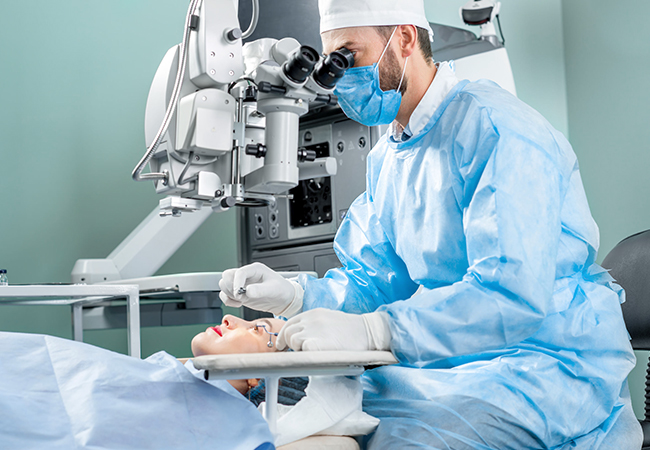
Cataract surgery at Centre Nord Vaudois d’Ophtalmologie
At Centre Nord Vaudois d’Ophtalmologie, we offer a wide range of services to help you regain your vision and enjoy life with clear lenses. Our ophthalmologists specialize in cataract surgery - a procedure that can help restore your vision by removing the cloudy lens from your eye and replacing it with an artificial one.
The best time for this operation is when you are suffering from early cataracts. It's important to know that regular check-ups with your ophthalmologist can help detect cataracts before they become too serious.
Painless cataract treatment with ultrasound
At CNVO, we use state-of-the-art technology to perform this type of surgery safely and efficiently. Whether you're looking for a new pair of glasses or cataract treatment, we'll work closely with you to make sure everything goes smoothly from start to finish.
We're committed to providing our patients with the best possible experience. That's why we offer painless ultrasound cataract treatment, so you don't have to worry about your eyesight or what it will take to restore it! At CNVO, we do our best to reduce the optical defect during cataract surgery, but results are not guaranteed. Wearing glasses will most likely remain necessary, at least for near vision.


